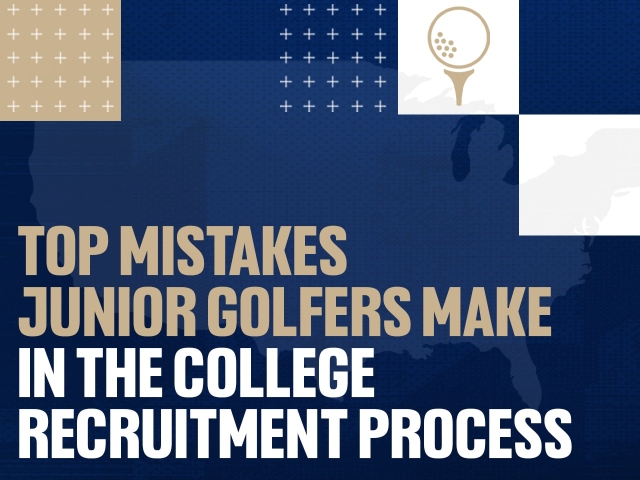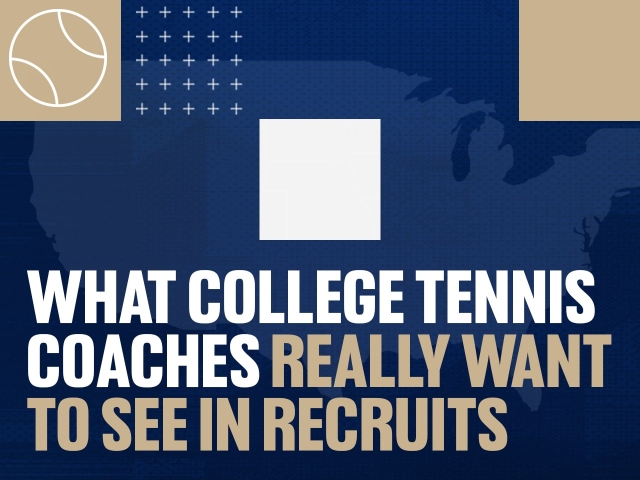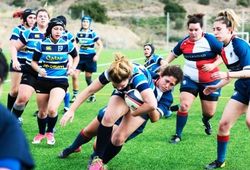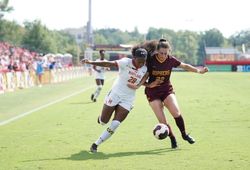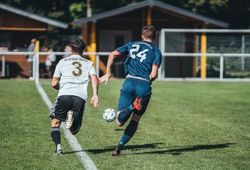In a 2018 study, LinkedIn researchers found the No. 1 skills gap across the United States workforce is in communication — soft skills such as collaboration, articulation and receptiveness to feedback. Knowing these abilities are lacking in the workforce and desired by employers in all professions should give former student-athletes the confidence felt after a big win as you go into a job search. These skills are often acquired and enhanced through the student-athlete experience.
Mark Moyer, a career coach, business strategist and former Colgate tennis player, highlights three communication traits that college athletes hone on the field and can harness in new ways in the workplace.
Public speaking skills
In competition, you performed in front of a crowd. You may have given pre- and post-game media interviews. Perhaps you lifted your teammates by delivering a locker room motivational speech or addressed a group of incoming recruits and their parents. No matter the audience size, your adeptness in this area sets you apart from others who struggle with public speaking. You will be able to deliver presentations in front of senior management, articulate corporate messaging and comfortably interact with co-workers, clients and customers.
“What I notice right away about athletes is they look you in the eye when they speak and when you speak to them,” Moyer says. “They are comfortable interacting with people.”
Coachability
Most athletes have had to learn on the fly, whether that means studying new plays in the playbook, adjusting to opponents’ strategies or adapting to adverse conditions. For years, you’ve been accustomed to working with coaches and trainers. You listen well and have proven yourself to be highly manageable. It’s par for the course for you, but important to underscore in your job search.
“Athletes’ brains are hardwired for learning, and that to me is worth a lot,” Moyer says.
In this age of increased reliance on technology and less face-to-face interaction in a work environment, you are well ahead of those who have not become accustomed to and comfortable with leadership and management.
Teamwork
In those early days competing in your sport, you were taught there is no “I” in team. But who knew that working well together as a team, in victory and defeat, would be the X-factor in differentiating yourself to prospective employers?
“I want somebody on my work team who has been a motivator, who’s been accustomed to lifting those around them on a team,” Moyer says. It’s not so much about the outcome that appeals to employers, it’s that you’ve figured out the process of how to be winners together on the job — as you did in athletics competition.

